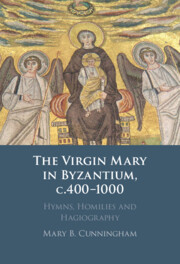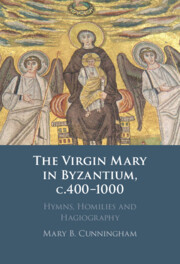This article examines developments in the memoir form in Palestinian literature over time, concentrating on the period since the Oslo Accords of 1993. It begins by briefly looking at new, general theoretical perspectives on the memoir form relevant to recognizing the importance of memoirs by Palestinians. A shift from viewing memoirs as purely the product of individuals to validating the notion of collective recollection occurs in the theoretical literature and can be documented in the Palestinian memoir. Similarly, attention to the idea of recollection as fluid and as a process enriches our understanding of what Palestinian memorists are trying to achieve. This section draws upon the work of such foundational figures as Maurice Halbwachs, Paul Ricoeur, Sidonie Smith, and Julia Watson. It also incorporates the insights of those who have focused more specifically on the Palestinian memoir form, such as Rashid Khalidi and Susan Slyomovics. These theoretical views are then tested through the examination of fourteen works using the memoir format, ranging from the time of the dissolution of the Palestinian Mandate (Sakkakini, Jabra, Boullata) to the beginning of the new millennium and the decade beyond (Darwish, Barghouti, Amiry and Karmi). The article shows that any literary history of the memoir form in modern times would be incomplete without recognizing and incorporating the Palestinian contribution to this increasingly popular literary genre.



